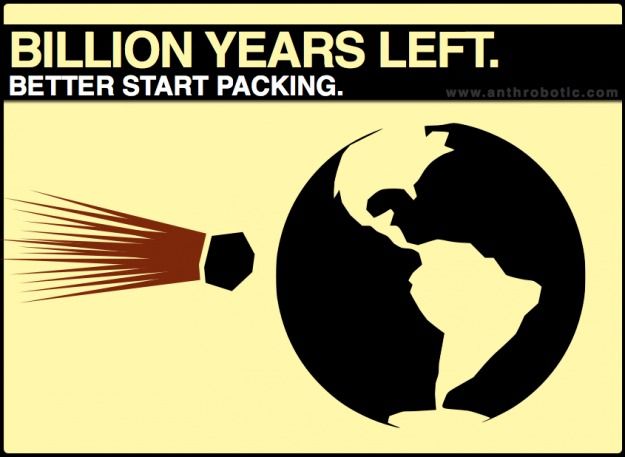Oct 8, 2012
Halliburton’s missing nuclear waste found alongside Texas highway
Posted by Odd Edges in category: existential risks
Texans can breathe easier: the radioactive waste Halliburton fracking surveyors lost last month has finally been found.
The United Arab Emirates-based oil services company told reporters this weekend that an oilfield worker found the rod of americium-241/beryllium alongside a highway near Pecos, Texas.
Halliburton reported it missing on September 11, and members of the Texas National Guard were ultimately called up to aid their search. Halliburton said it even deployed vehicles fitted with radiation detection equipment, but found nothing on three sweeps of the area.
Americium-241/beryllium is used for a variety of industrial and medical purposes, and in this case was needed for equipment used to identify potential sites for natural gas drilling. It is a “Category 3” radioactive substance, according to the U.S. Environmental Protection Agency (EPA).
“Category 3 sources, if not safely managed or securely protected, could cause permanent injury to a person who handled them, or were otherwise in contact with them, for some hours,” the U.S. Nuclear Regulatory Commission (NRC) explained. “It could possibly — although it is unlikely — be fatal to be close to this amount of unshielded radioactive material for a period of days to weeks.”
Continuing Reading “Halliburton’s missing nuclear waste found alongside Texas highway”









